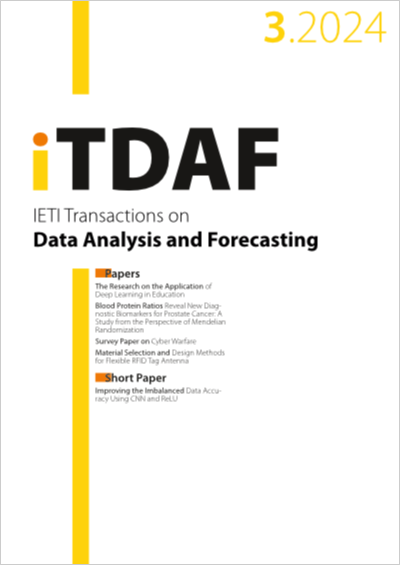Survey Paper on Cyber Warfare
DOI:
https://doi.org/10.3991/itdaf.v2i3.51025Keywords:
Cyber War, DNS, TCP/IPAbstract
Cyberspace warfare has emerged as a critical new front in national security, presenting complex challenges due to its multifaceted nature. This paper dissects cyber warfare across its physical, syntactic, and semantic layers, detailing common attack vectors such as reconnaissance, access, denial-of-service, and espionage. Motivations range from financial gain to political disruption, and attacks can take various forms, from preludes to conventional war to clandestine cold war tactics. Non-state actors such as cyber terrorists further complicate the landscape. Tools such as sniffers aid attackers, while firewalls offer some defense. The potential implications of cyberwar are stark, including disruption of essential services, economic damage, and national security threats. Understanding the ongoing discourse surrounding cyberwar, as reflected in the alarmist, skeptical, and realistic perspectives in the literature, is crucial for navigating this complex and evolving field.
Downloads
Published
How to Cite
Issue
Section
License
Copyright (c) 2024 Ahthasham Sajid, Hamza Razzaq, Rida Malik, Arsalan Ali Khan, Muhammad Sajid Iqbal, Sumaira

This work is licensed under a Creative Commons Attribution 4.0 International License.


